Biden administration reviewing punitive trade tariffs on China: Clinton
Former US Secretary of State Hillary Clinton says Washington is in the process of reviewing the punitive trade tariffs imposed on Beijing by the former US administration, hinting that some tariffs may be removed.
Speaking at the Bloomberg New Economy Forum on Friday, the senior Democrat leader and former presidential candidate said some “changes” are likely under the new US administration.
“I know that there is an ongoing process as we speak to try to figure out what would be the best approach with respect to the tariffs,” Clinton said during a panel on "Great Power Competition: The Emerging World Order" about the competition between the US and China.
"And I would predict that there will be some changes, but they will not all disappear, because some of them, in this new reality we're living in, may well be continued,” she hastened to add.
The no-holds-barred trade war between the world's two largest economies, which kicked off in 2018 under former US President Donald Trump, has seen both countries imposing heavy tariffs on goods.
These tariffs imposed by the US cover nearly two-thirds of the Chinese exports to the US, while Beijing imposes tariffs on just over half of American exports to China.
The trade war has resulted in higher taxes on imports for both sides and caused supply chain disruptions affecting businesses worldwide.
US President Joe Biden’s administration has been reviewing the previous administration’s policy on China since taking office. But, no breakthrough has been achieved so far.
Clinton, who addressed the forum via video link, said some of the tariffs, mainly those on agricultural goods, have "maybe hurt us for the foreseeable future”, adding that efforts were being made to reconsider all tariffs.
During the virtual meeting between Biden and his Chinese counterpart Xi Jinping on Wednesday, the US president spoke briefly about what he called China’s “unfair trade and economic policies”.
According to a study by the National Bureau of Economic Research (NBER), the tariffs have significantly affected US trade levels, causing importers to shift away from China and reorganize supply chains. Even more, it found that Trump’s tariffs decreased trade altogether – both imports and exports.
In other remarks at the forum, Clinton said the US has to check China's “aggressive military build-up” in the Asia-Pacific, noting that the Biden administration has worked to create a regional alliance, referring to the Quad security grouping that includes Australia, India and Japan, and inked Aukus strategic defence alliance with Australia and Britain that will see Australia build nuclear-powered submarines.
She said US and China will have to cooperate on a range of issues, but added: "We also cannot permit the kind of aggressive military build-up, the kind of efforts to dominate maritime navigation, the intimidation of nations in the larger Asia-Pacific region."
Xi recently warned against the return of Cold War-era tensions in Asia-Pacific, apparently referring to US interference and provocative moves in the region.
He made the remarks at a virtual business conference on the sidelines of the Asia-Pacific Economic Cooperation (APEC) summit hosted by New Zealand last week, saying the region should "be forward-looking, move ahead and reject practices of discrimination and exclusion of others."
"Attempts to draw ideological lines or form small circles on geopolitical grounds are bound to fail," the Chinese leader said, adding, "The Asia-Pacific region cannot and should not relapse into the confrontation and division of the Cold War era."
Xi's remarks were an apparent reference to the US-led Indo-Pacific alliances — AUKUS and Quad — to blunt what Washington and its regional allies see as China's growing coercive economic and military influence.
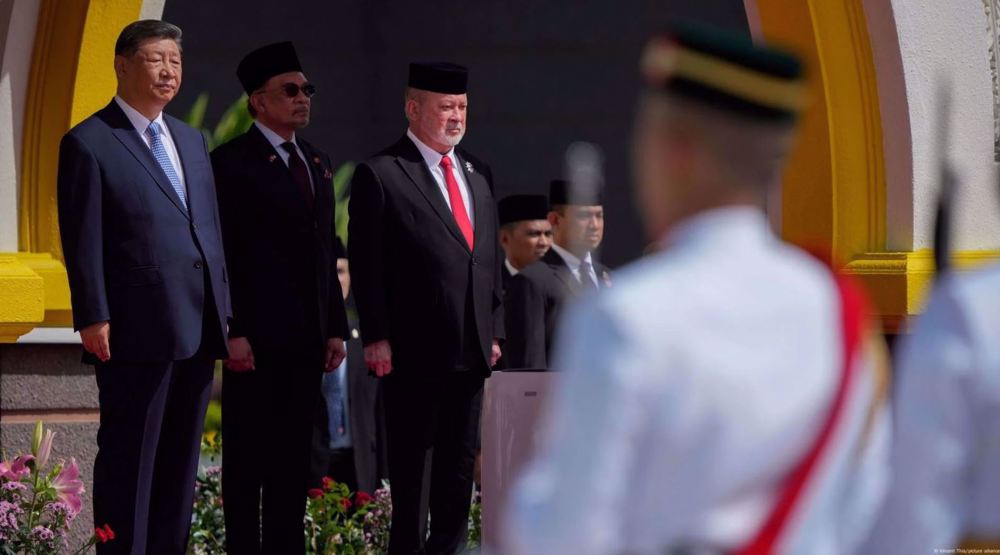
China says stands with Malaysia, region in face of unilateralism
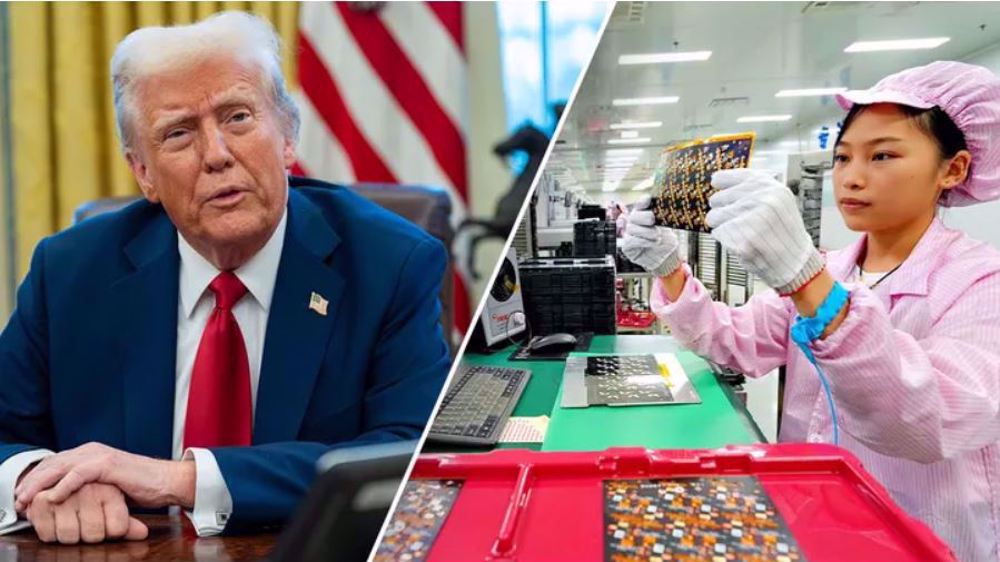
‘Exemptions short-lived’: Trump warns of new rounds of tariffs on tech industry

Trump admin. declares thousands of living immigrants dead, pushes for ‘self-deportation’
VIDEO | Press TV's news headlines
Hamas: Israel tortures Palestinian abductees while we treat captives humanely
Israeli captive in Gaza holds Netanyahu responsible for continued captivity
Tehran rejects 'baseless' UK claims about links to criminal groups
Palestinian hospital chief ‘exhausted from torture’ in Israeli prison: Lawyer
Iran says IAEA can play ‘crucial’ role in resolving nuclear issue
Rights groups demand arrest warrant for Israeli FM visiting UK over Gaza war crimes
Non-nuclear issues not on Iran’s agenda for talks with US: Deputy FM


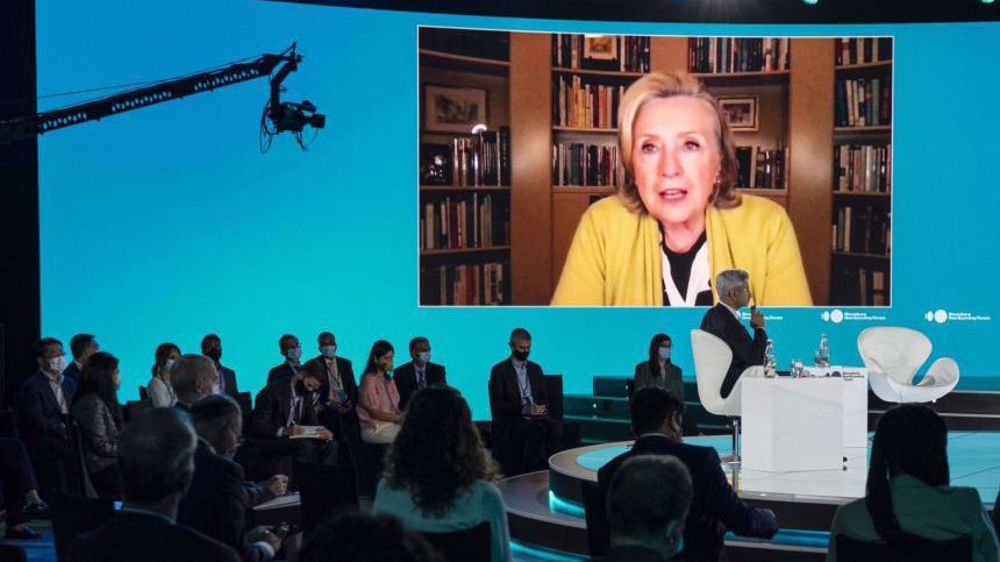
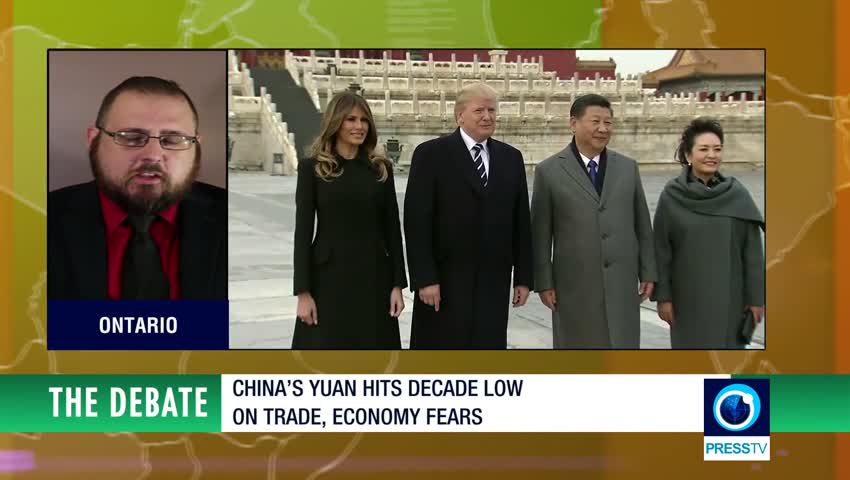
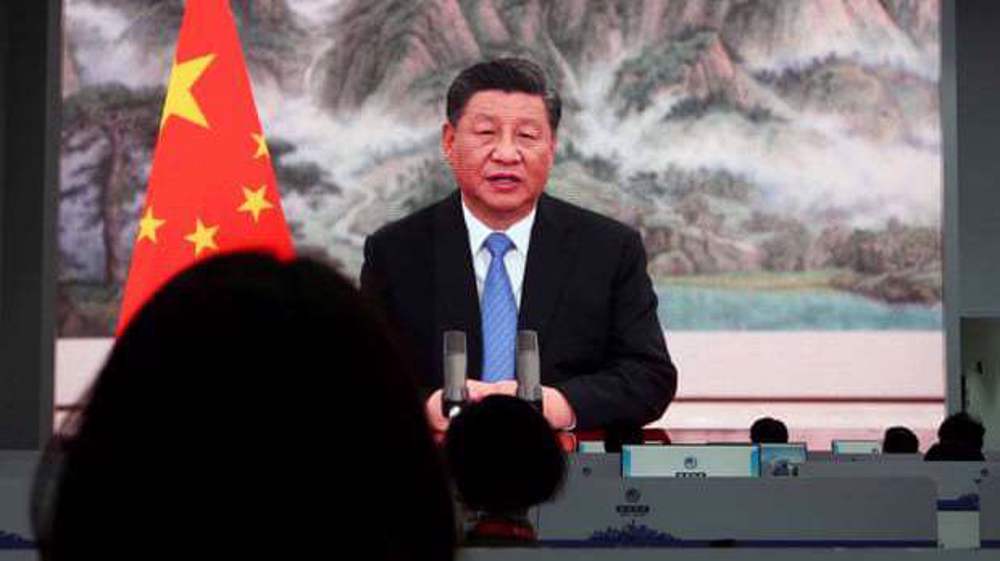



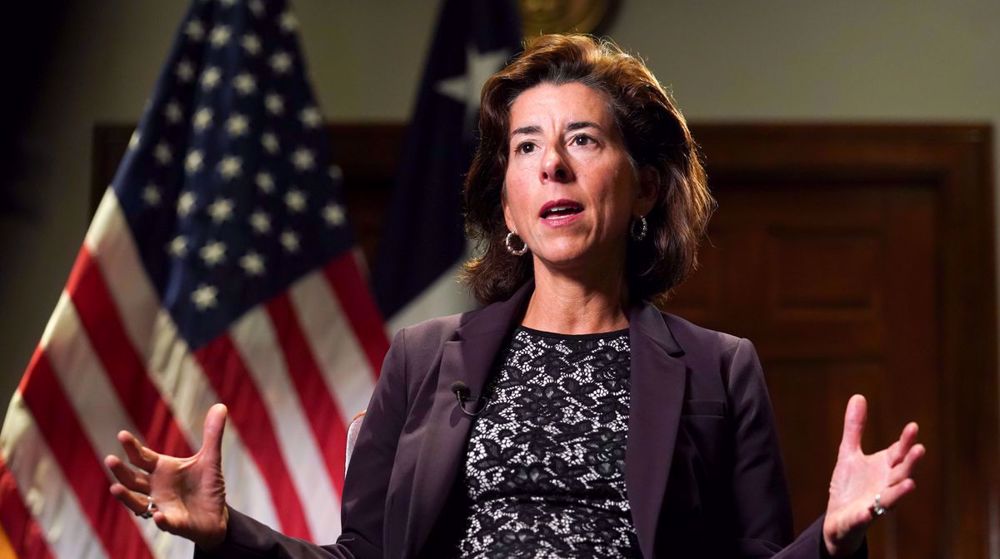
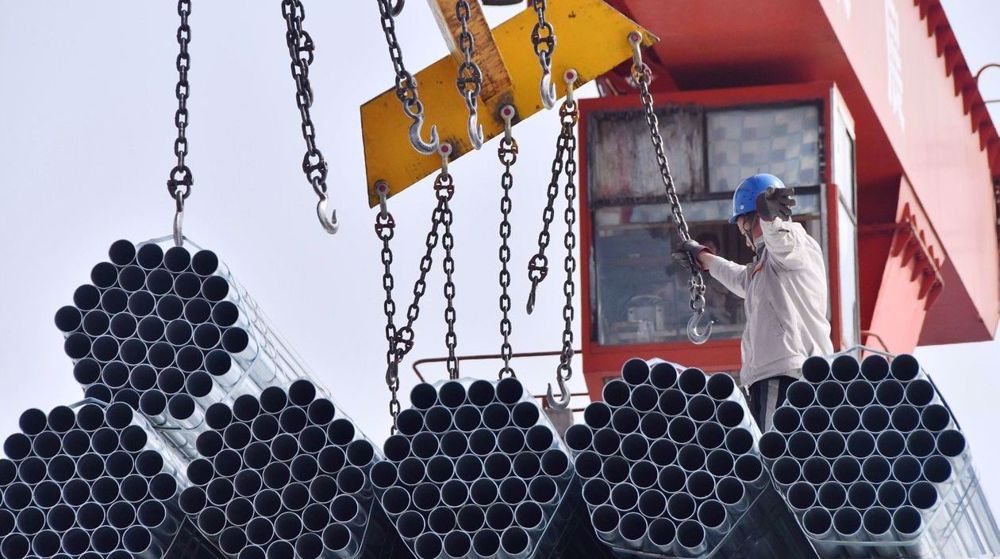

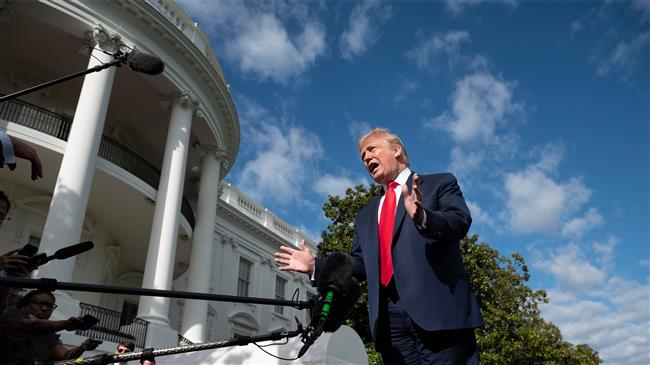


 This makes it easy to access the Press TV website
This makes it easy to access the Press TV website